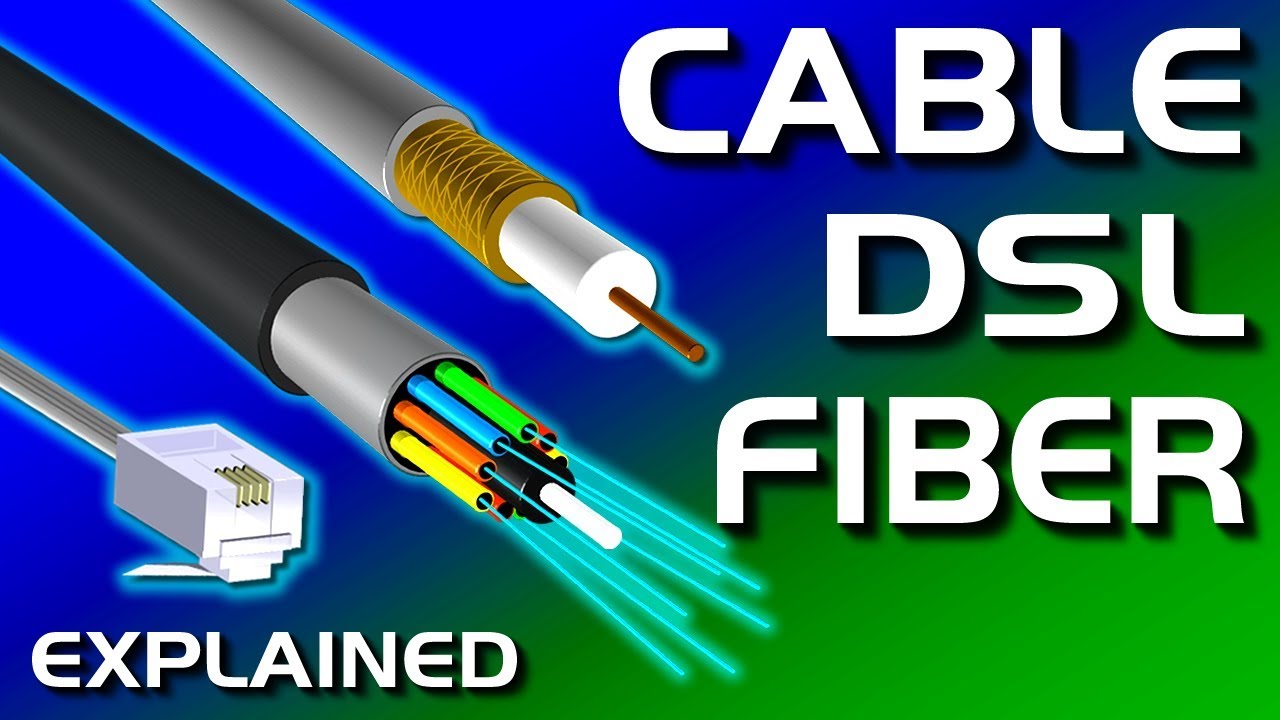Satellite • APRIL 13TH 2023
Satellite Internet Brings Hope to Rural Mississippi
In Rural Mississippi and the Need for Reliable Internet Services
Life moves at a different pace in rural Mississippi, where small towns are spread across farmland and families live and work in the heart of a beautiful landscape. However, reliable internet service is but a dream for many of these communities, which is essential for research, communication and accessing resources.
Meet the Jenkins family, who have lived in this corner of Mississippi for generations, where they have struggled with a limited job opportunities and a struggling school district. With no reliable internet service to connect with the rest of the world, keeping updated and informed was an uphill task.
Satellite Internet as the Solution
Thankfully, with satellite internet technology, the Jenkins family, and others like them in rural and remote areas, can now break free from the limitations of their geography. Unlike traditional broadband, which relies on a network of cables and wires, satellite internet uses powerful orbiting satellites to provide high-speed internet access, making it a game changer for people living in rural and remote areas.
With satellite service, the Jenkins family now has access to the same resources and opportunities as those living in more urban areas. Their children can take online classes, research universities and scholarships and access a wealth of information previously unavailable to them. The family can now shop online, work remotely, and connect with relatives and friends around the globe.
Beyond the obvious advantages, satellite internet also has a transformative impact on overall quality of life. With access to telemedicine, the Jenkins family no longer have to travel long distances or wait for hours to see a doctor. They can get quick and responsive medical care and treatment in the comfort of their own home.
Conclusion
The Jenkins family story is just one example of how satellite internet is providing a lifeline to rural, remote areas across Mississippi. As more and more families gain access to this revolutionary technology, opportunities for personal growth, professional advancement, and social connection are finally within reach.








